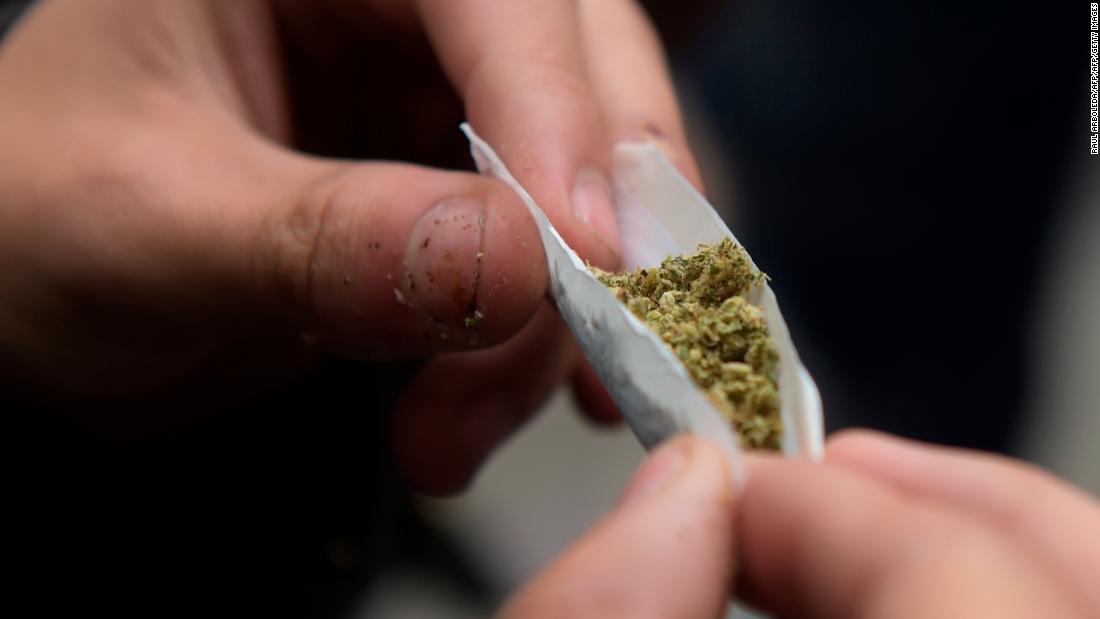
Washington voters approved legalizing marijuana as a tax revenue measure in 2012. Initiative 502 legalized and regulated the production, possession and distribution of cannabis for people ages 21 and older.
Now, Inslee has announced the Marijuana Justice Initiative, a plan to expedite record clearances for thousands of citizens who were convicted of small-time possession charges before the law came into effect. About 3,500 people could be pardoned by the Marijuana Justice Initiative, according to the governor's office.
Inslee said he hopes the change will alleviate undue burden on those previously convicted.
"We shouldn't be punishing people for something that is no longer illegal in Washington state," Inslee said. "Forgiving these convictions can help lessen their impact and allow people to move on with their lives. It's a small step, but one that moves us in the direction of correcting these injustices."
"These misdemeanor convictions can be over a decade old, but still create barriers to housing, employment, student loans, credit scores and even the ability to participate in a child or grandchild's school field trip."
Carrying around misdemeanors for something that is no longer considered illegal is unfair, and "they disproportionately affect communities of color" the governor said.
Only people with a single conviction on their record will be eligible for the pardon, according to the statement. That person must also have been convicted between January 1, 1998 and December 5, 2012 for misdemeanor marijuana possession as an adult. That prosecution must have occurred under state law in Washington.
"Those who have an adult misdemeanor marijuana possession and believe they qualify for a pardon can submit a petition online," the statement said. "Once the Office of the Governor reviews the case and confirms they are eligible, Inslee will pardon the conviction and ask Washington State Patrol to remove the offense from the criminal history report that is available to the public."
Seattle already overturned the convictions of more than 500 people in September.
All seven judges on the city's municipal court agreed to vacate convictions from 1996 to 2010 for misdemeanor marijuana possession, saying that they disproportionally impacted people of color.
Of the more than 500 cases cited, 46% involved African-American defendants, the judges said in their ruling. As of July 2017, the population of Seattle was about 7% African-American, according to US Census data.
And Washington isn't alone is overturning the convictions.
More than 3,000 cases of marijuana smoking and possession, dating to 1978, were dismissed in September in New York City. And California lawmakers last summer approved a bill that would allow residents to petition the judicial system to have their old pot convictions expunged.
No comments:
Post a Comment